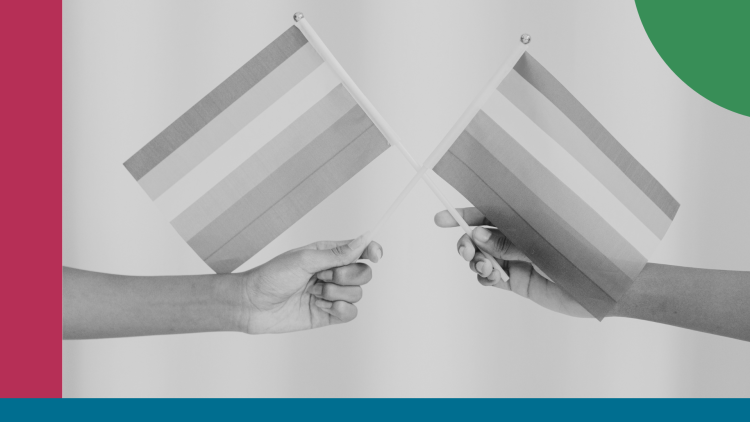
The law includes a ban on gay marriage (even though this is already banned in the Constitution), censorship of LGBTQIA+ content, and a ban on gender reassignment surgeries and legal procedures. Gatherings and demonstrations are prohibited if their purpose is “to promote” a person’s identification with a gender “other than their own,” same-sex relationships, or incest.
On March 25, leader of the parliamentary majority of the Georgian Dream (GD) party, announced at a briefing the initiation of two draft constitutional laws concerning the "protection of family values and minors." He outlined a proposed amendment to Article 30 of the Georgian Constitution, which addresses marriage rights and the rights of mothers and children. The amendment aims to introduce a new clause stipulating that "the protection of family values and minors will be ensured by constitutional law." This package includes 18 related amendments to various laws, including labour and education.
On June 26, the Venice Commission issued an opinion on the proposed legislation and its associated amendments. The Commission expressed concerns regarding the timing of the initiative, noting that it coincided with significant political unrest and public protests in Georgia. It recommended a detailed analysis of the potential effects of the new provisions on the national legal framework, with input from various societal groups, including sexual and gender minorities, as well as professionals from sectors such as law, health, education, and social care. The Commission emphasised the importance of transparent, inclusive public consultations prior to the adoption of such sensitive legislation.
On June 27, despite the concerns raised, the parliamentary majority passed the legislative package in its first reading.
On September 4, the Georgian Parliament adopted the legislative package in its second plenary hearing, with 81 votes in favour and none against. On the same day, the European Union (EU) issued a statement criticising the expedited adoption of the law. The EU expressed concerns that the legislation risks undermining fundamental rights and contributing to the stigmatisation of certain segments of the population, particularly LGBTQIA+ individuals. Furthermore, the EU noted that this law, combined with recent legislative actions such as the Foreign Agents Law, could negatively affect Georgia’s relationship with the EU and impede its integration process. The EU also raised concerns about the absence of thorough public consultations and compliance assessments with European and international standards.
On September 17, the Georgian Parliament passed the legislative package on the “Protection of Family Values and Minors” in its third and final reading, with 84 votes out of 150 deputies in favour and none against. Opposition MPs largely boycotted the session following their ongoing protest against the Foreign Agents Law.
In the lead-up to the vote, 32 civil society organisations (CSOs) issued a statement criticising the package, arguing that the legislation was being used to distract public attention from broader national issues such as poverty and inflation, and could exacerbate social divisions. The package legalises hatred, oppression and discrimination particularly of the LGBTQIA+ community. CSOs also raised concerns about the implications of the law on freedom of expression and assembly, warning that it could set a precedent for restricting the rights of other groups in the future.
Despite the passage of the law, CSOs have called on the President of Georgia to veto the package and urged the Public Defender to pursue legal action to challenge its constitutionality. They also encouraged civil and political movements to address the long-term impacts of the legislation.
The law is a blow to the rights of the LGBTQIA+ community in Georgia, which already faces difficult conditions due to hateful rhetoric, culminating in Pride march. The new law sets legal grounds to restrict protests for LGBTQIA+ rights, preventing people from exercising their right to freedom of assembly to call for better conditions. CSOs working on the promotion of their rights will be severely affected, as well and might have to shut down completely.
The legislative developments concerning the “Protection of Family Values and Minors” continue to generate significant domestic and international attention. They also follow a broader trend, in which legislation restricting foreign funding to civil society is often followed by anti-LGBTQIA+ laws (as seen in Russia, Hungary, Slovakia and Bulgaria). With concerns raised about human rights and potential impacts on Georgia’s path toward EU integration, the issue remains a priority for monitoring and analysis.
